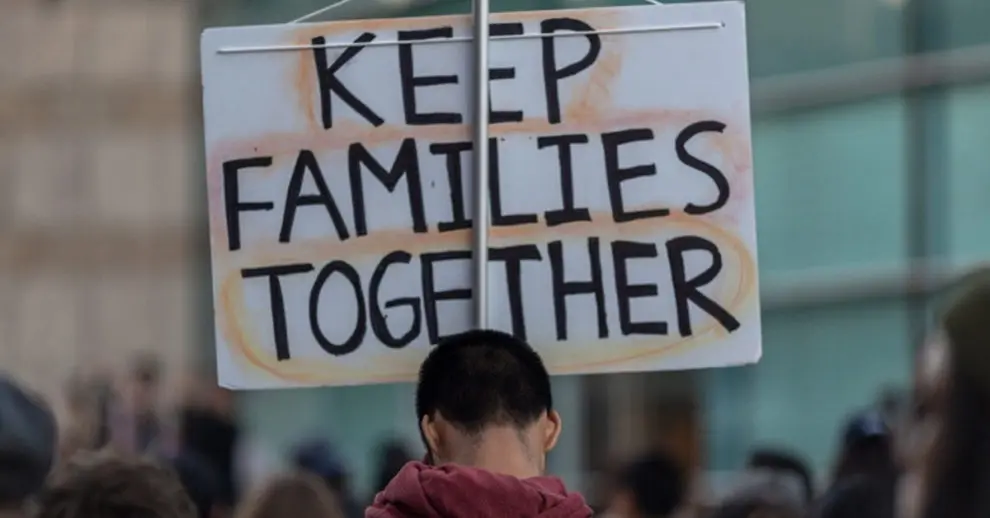
A federal appeals court in California published a decision last week on the Trump Administration’s attempt to terminate the Flores Settlement Agreement that blocks certain Administration provisions from going into effect and upholds the agreement in its entirety. The Flores Settlement Agreement is exactly that—an agreement between the government and lawyers for immigrant children that came after years of litigation against the government for putting children in jail-like settings and compromising their safety. The agreement is based on basic principles of child welfare—children should be promptly released from detention; any time they spend in government custody should be in facilities licensed to care for children; and they have due process rights to challenge their detention.
Since its first day, the Trump Administration announced its intention to renege on a vital protection the government agreed to uphold more than 20 years ago. In 2019, the Administration finalized regulations on the care and custody of unaccompanied children that applied to both the Department of Homeland Security (DHS) and Health and Human Services (HHS). The Flores Settlement Agreement may only be terminated when the government published regulations that implement it. The Trump Administration’s regulations did anything but. Provisions allowing Immigration and Customs Enforcement (ICE) to self-license family detention facilities, adding restrictions on children’s release, and establishing an “opt-in” policy for bond hearing would have likely resulted in the indefinite detention of children, which is never in a child’s best interest and has serious consequences for their health and development. The proposed rule elicited more than 60,000 comments and multiple amicus briefs, including one joined by First Focus on Children and 19 organizations dedicated to children’s health and well-being.
In its opinion, the appeals court rejected parts of the regulations. Of the provisions related to DHS, the court held that the Administration could implement only the provisions related to initial border processing of children and transfer of unaccompanied children to the custody of the Office of Refugee Resettlement (ORR). In rejecting the majority of the DHS provisions, the court explicitly stated what many commenters to the proposed rule and amici stated—that the regulations “dramatically increase the likelihood that accompanied minors will remain in government detention indefinitely.”
In contrast, the court determined that most of the HHS provisions met Flores Settlement Agreement standards and could go into effect, and struck down just two. First, the court struck down a provision allowing ORR to place a child in a “secure facility”—a juvenile jail—based on a catch-all justification that the child was “a danger to self or others.” The court found that this provision went beyond the clear limitations on the use of secure settings in the Flores Settlement and the 2008 Trafficking Victims Protection Reauthorization Act (TVPRA). Second, the court rejected a provision requiring children in secure or high-supervision settings to have a bond hearing on their detention only if they affirmatively request one, thus changing the Agreement’s “opt-out” provision to an “opt-in” policy. The court found that such a policy provided children with no meaningful way to challenge ORR’s decisions.
While some of the new regulations may go into effect, the most important aspect of this court’s opinion is that it upheld the Flores Settlement Agreement in full. It rejected the government’s tenuous arguments for why the agreement should be terminated, as it has done again and again. in previous decisions. In particular, the court once again affirmed that the Agreement applies to all children in government custody, including accompanied minors who arrive with their parents. All recently arrived children, accompanied and unaccompanied, will continue to have this important protection of their rights and a mechanism to keep holding the government accountable for their care and treatment.
For more than 20 years, the Flores Settlement Agreement has provided a standard of care for children in government custody based on principles of freedom from detention, family unity, and due process. What this ruling shows is that those principles must and should guide every policy that impacts immigrant children.